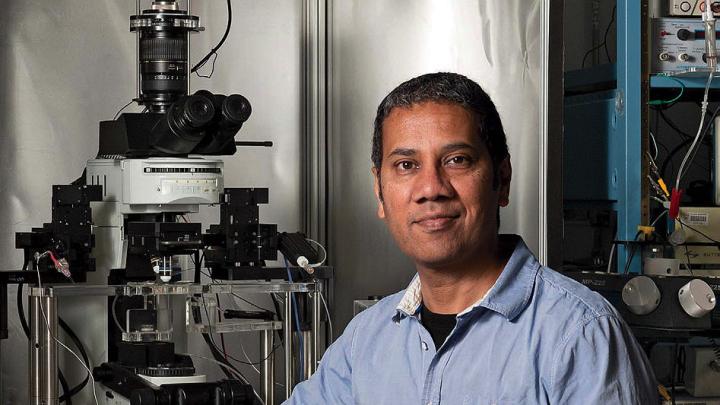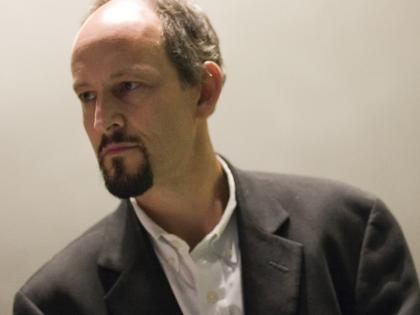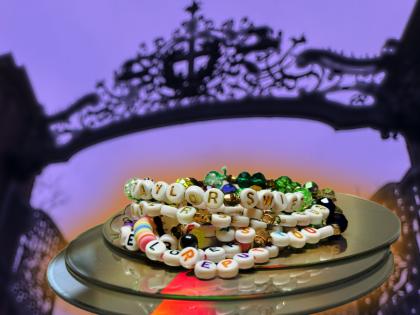Sight and hearing seem most important in guiding human behavior—but for many animals, including the mice Venkatesh Murthy studies in his lab, the sense of smell often dominates. A dozen years ago, this prompted a question that he still seeks to answer: “What is the smell world? It’s not very intuitive how this works in the brain. It seems like just a bunch of chemicals, yet animals group those chemicals into objects”: food, predators, potential mates. Human brains do the same, he adds. Evidence suggests a link between mood disorders and sense of smell, and loss of smell can be an early symptom of Alzheimer’s (and also, apparently, of COVID-19, a discovery that intrigues him). For the Erikson life sciences professor of molecular and cellular biology, these mysteries have always been an attraction. The son of an engineer, whose industrial hometown in southern India was planned by engineers (“so very clean and organized”), he, too, studied engineering in college before realizing halfway through that his interests lay elsewhere. Arriving at the University of Washington, Seattle, for graduate school, he was at first drawn to artificial intelligence, but found studying the brain itself more compelling (an exploration that continues in other ways at home, where Murthy plays guitar—“I adore jazz”—and reads poetry). This July he became Finnegan Family Director of Harvard’s Center for Brain Science, which brought him, unexpectedly, back to AI: “One thing we would like to move forward in the next decade is really understanding the basis of intelligence,” he says. In experiments, he has seen mice pick out specific, often subtle, smells amid an “olfactory cocktail party” of distracting odors. “It’s quite easy for them, actually….So, the question is, is there something in the way their brains are doing this that can inspire artificial intelligence systems?”
Venkatesh Murthy

Venkatesh MurthyPhotograph by Anna Olivella
You might also like
A New Chapter for Harvard Arts
The Office for the Arts turns 50, and its longtime director steps down.
Education School Announces Interim Dean
Nonie Lesaux will serve as dean during search
Harvard Students form Pro-Palestine Encampment
Protesters set up camp in Harvard Yard
Most popular
More to explore
What is the Best Breakfast and Lunch in Harvard Square?
The cafés and restaurants of Harvard Square sure to impress for breakfast and lunch.
How Homelessness is a Public Health Crisis
Homelessness has surged in the United States, with devastating effects on the public health system.
Portfolio Diet May Reduce Long-Term Risk of Heart Disease and Stroke, Harvard Researchers Find
A little-known diet improves cardiovascular health through several distinct mechanisms.







